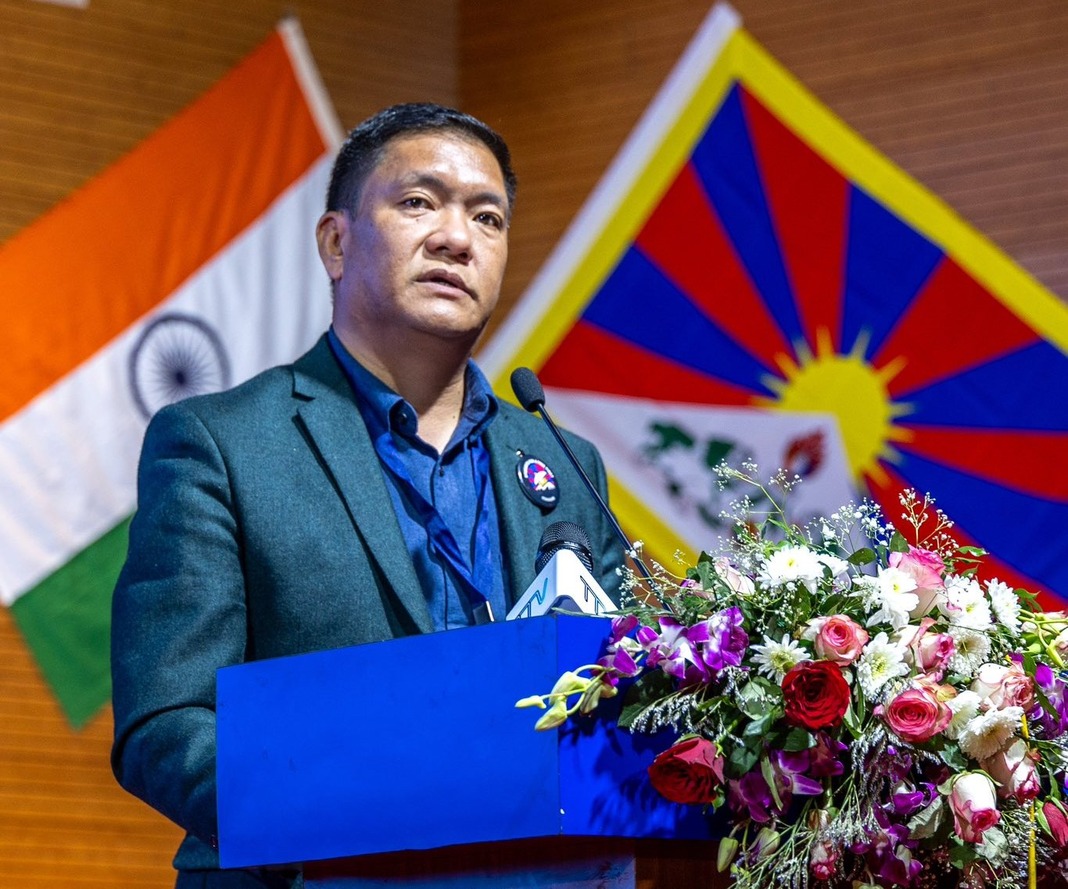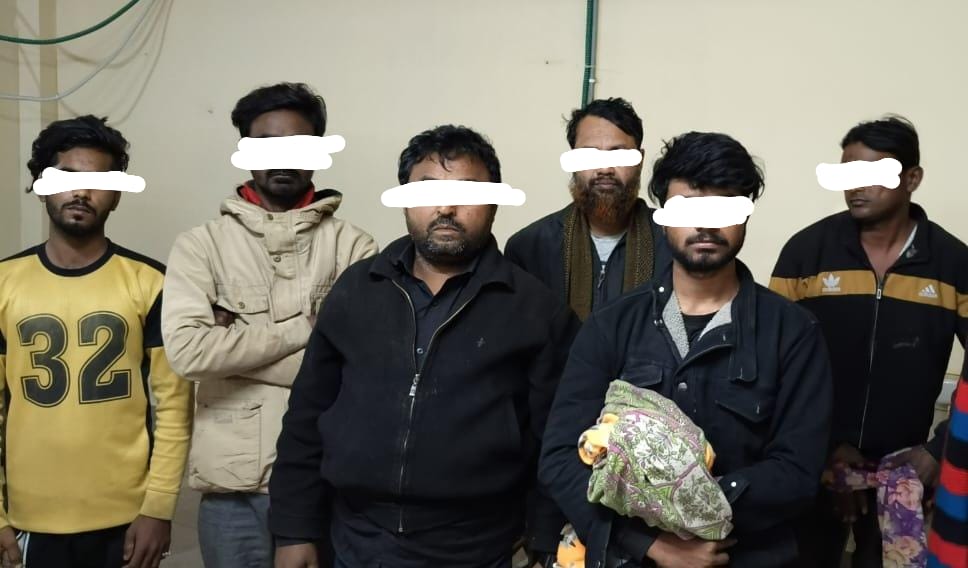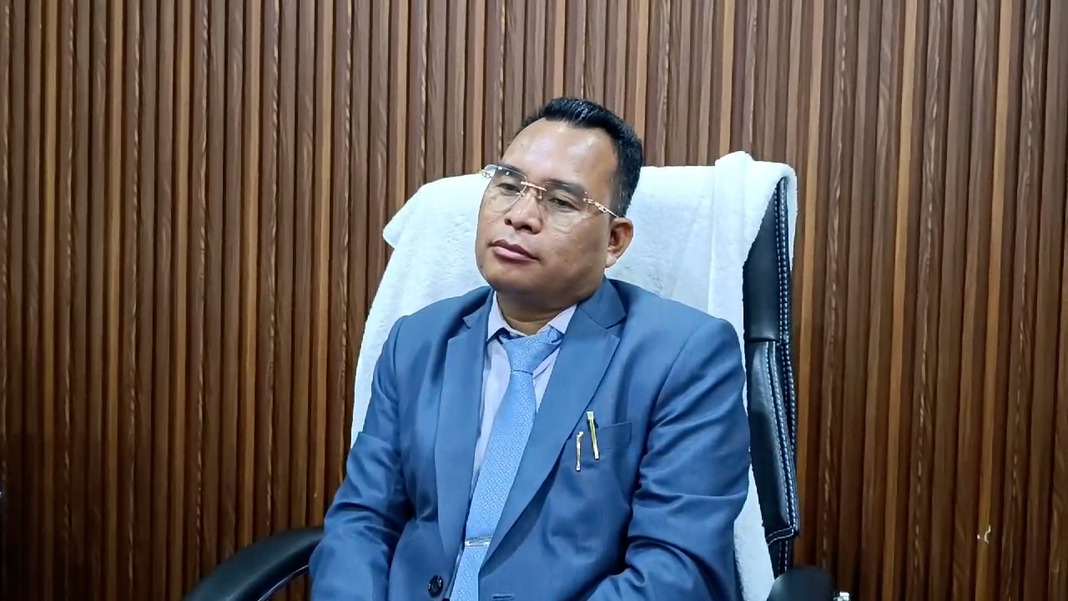Guwahati, Jan 24: Arunachal Pradesh Chief Minister Pema Khandu today raised alarm over China’s refusal to enter into binding international water treaties and its selective sharing of hydrological data, emphasizing the urgent need for cooperative governance of shared water resources in Asia.
Speaking at the inaugural session of the seminar ‘Environment and Security’ at the Dorjee Khandu Auditorium Hall of the State Legislative Assembly, Khandu expressed grave concerns over China’s plan to construct the world’s largest hydropower project on the Yarlung Tsangpo river. The river, which flows into Arunachal Pradesh as the Siang and becomes the Brahmaputra in Assam before entering Bangladesh, is a lifeline for millions downstream.
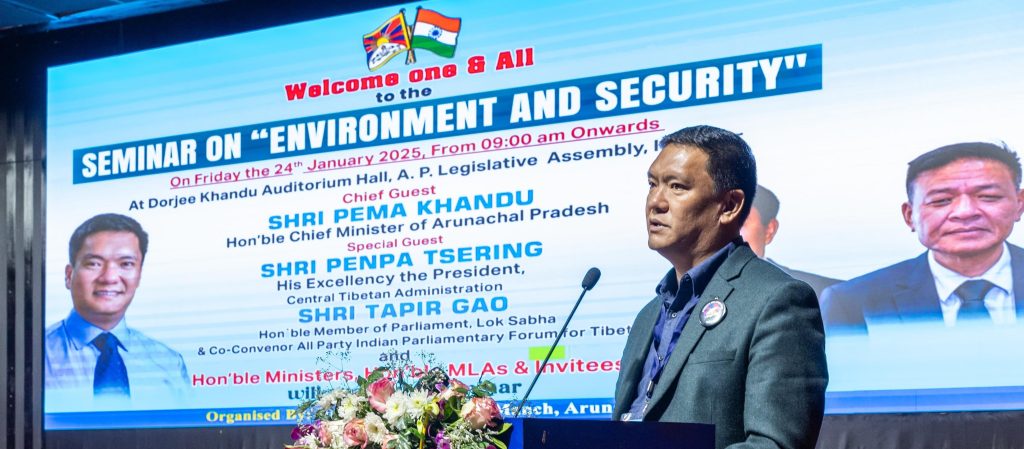
Khandu warned that the dam would give China the ability to control the timing and volume of water flowing downstream, creating severe risks for lower riparian regions. “The mighty Siang or Brahmaputra river could dry up during winters, disrupting life in the Siang belt and the plains of Assam,” he said, adding that sudden water releases during monsoons could trigger devastating floods, displacing communities, destroying crops, and damaging infrastructure.
The Chief Minister further highlighted the impact on sediment flow, which could deprive agricultural lands of nutrients and harm livelihoods. “China’s construction of this massive dam poses significant risks to the water security, ecology, and livelihoods of millions in Arunachal Pradesh, Assam, and Bangladesh,” he cautioned.
Khandu also called attention to the broader implications of China’s exploitation of Tibet’s natural resources, describing Tibet as the “Water Tower of Asia,” which supplies water to over a billion people in the region. “All major rivers of India originate from the Tibetan Plateau. Its environmental health is critical not just to China and India but to much of Asia,” he said.
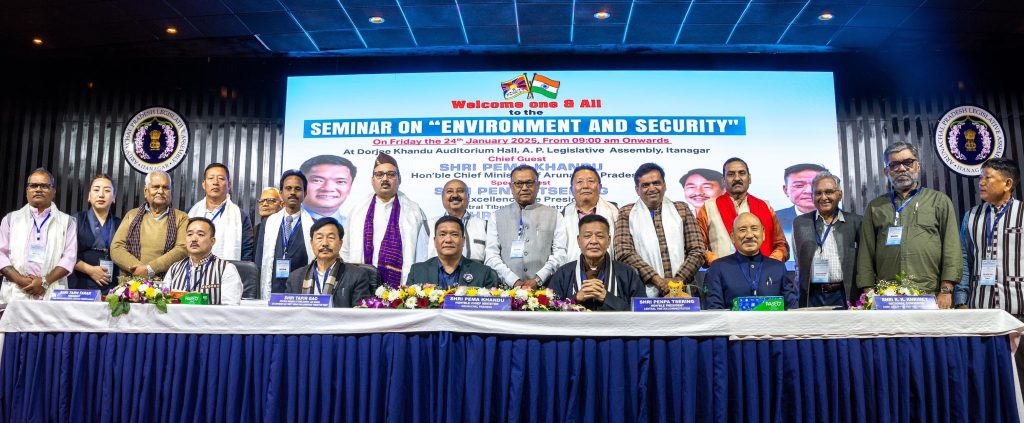
The Chief Minister urged India to take a leading role in global environmental conservation efforts, given its reliance on Tibet’s rivers and climate patterns.
Appreciating the Tibet Support Group of Arunachal Pradesh and the Core Group for Tibetan Cause for organizing the seminar, Khandu expressed hope that the discussions would yield solutions to mitigate the alarming environmental situation in Tibet, which poses risks to the entire region.
Khandu also spoke of the cultural and historical ties between India and Tibet, particularly through Buddhism, which has connected the two regions since the 8th century when Nalanda became the epicenter of Buddhist philosophy and its teachings influenced Tibetan Buddhism.
The seminar, focused on Tibet’s environmental challenges and its impact on India’s security, was attended by notable figures, including Sikyong Penpa Tsering of the Central Tibetan Administration, Lok Sabha MP Tapir Gao, National Convenor of the Core Group for Tibetan Cause R.K. Khrimey, and Tibetologist Vijya Kranti. Representatives from the Arunachal Indigenous Tribes Forum, community-based organizations (CBOs), and other dignitaries were also present.
The discussions underscored the need for India to advocate for responsible environmental stewardship of shared river systems, safeguarding the lives and livelihoods of millions across South Asia.

